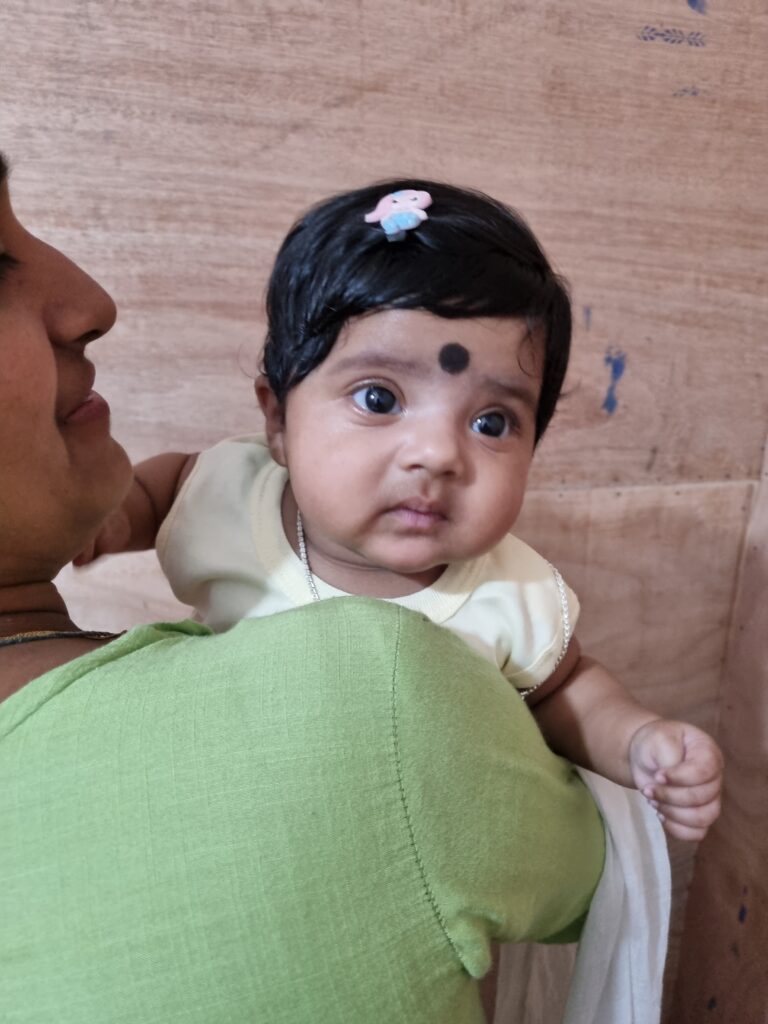Raising a newborn is the most challenging job of a parent. A newborn can covey his/her need(hunger), irritation, discomfort, or pain all by only one thing – Crying. In this post, we will be discussing some common conditions, where crying is the major complaint.

Hungry baby– Most common cause of crying in newborns. A pediatrician can differentiate cry due to hunger and crying due to other reasons by just listening to the crying. Don’t worry, you don’t need to know that. If crying stops on feeding then you know the cause. Crying due to hunger occurs more commonly during the daytime. Nighttime crying is less likely due to hunger.
Abdominal colic– 2nd most common cause of crying. It is presumed to occur due to the immaturity of the gut. Abdominal colic is the most common cause of visits to a pediatrician with a crying baby. Crying due to colic does not stop feeding. Sometimes the baby does not even suck. Baby only gets comforted when you gently rock him in your arms or move around keeping him in your shoulder(shoulder hold).

Baby starts crying again when you put him in bed. Abdominal colic usually occurs in the evening( lasts for a few hours). That’s why it is also known as evening colic.
Soiling of diaper– Always look for soiling when your infant starts crying.
Insect bite– An ant or any insect bite can cause crying in an apparently healthy child.
Injection/vaccination- Crying more than usual is common after vaccination. Usually, it lasts for 2-3 days. If persists for more than 72 hours, consult a doctor.
Nasal blockage– Very small amount of secretion is enough to block the nose of the baby. As they can not clear their nose on their own, they get irritated.
Fever– It can make any child irritable and they can have excessive crying. You should consult with your pediatrician if your child’s only complaint is fever and excessive crying(maybe meningitis).
Earache– One of the common causes of inconsolable crying. It usually occurs due to an infection in the ear(middle ear) or an impacted wax. An ear infection usually follows an episode of a common cold or respiratory tract infection. Older children may point their hands toward the affected ear. Younger babies can present with inconsolable cries only.
Gastroenteritis– Very common in infants. Colicky abdominal pain which results in crying can occur in gastroenteritis.
Urinary tract infection– A common infection, that can present with excessive crying in infants.
Reflux– baby with gastroesophageal reflux has repeated vomiting, irritability, poor weight gain, abnormal posture(arching of the back), and sometimes excessive crying.
Bone fracture/dislocation-Sudden onset crying with restricted movement of a limb with or without swelling with a history of sudden pull/fall/ trauma suggests bony injury.
Abscess– Abscess is a pus-filled, red tense painful swelling. It can occur anywhere in the body. Deep-seated abscess formation can present with inconsolable cry only.
Strangulated hernia– Uncommon but serious condition. Occurs in a baby with a preexisting hernia.
Meningitis– Rare but a serious cause of inconsolable cry. It should be suspected in any child with inconsolable cry and fever.
Evolving cerebral palsy– Infants with birth asphyxia(delayed crying after birth) may have excessive crying. This may be a sign of cerebral palsy in the future.
Osteomyelitis– It is an infection of the bone. Should be suspected when persistent crying is associated with reduced movement of a limb with limb swelling with no history of trauma.
Cardiac causes– Very rarely cardiac disease(for example-congestive heart failure, total anomalous pulmonary venous connection) may present with excessive crying.
** Always consult with your pediatrician if your child has an inconsolable cry.
0 Comments